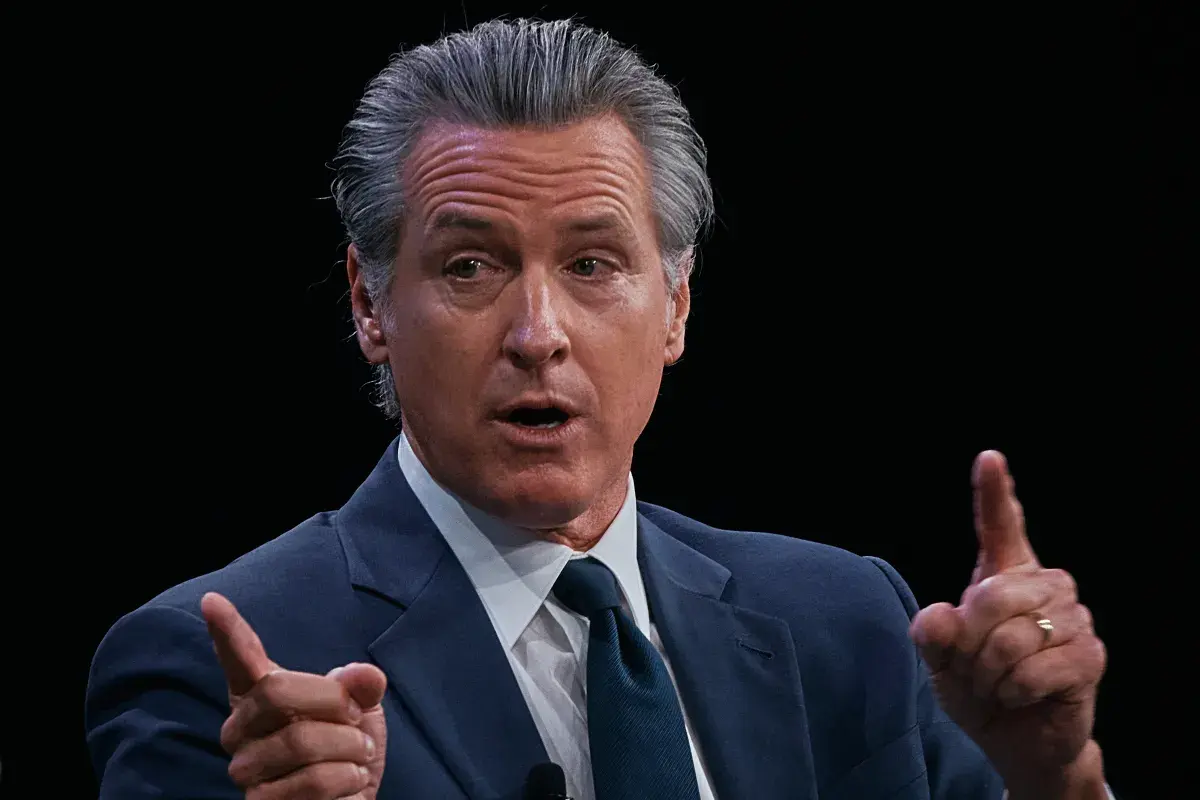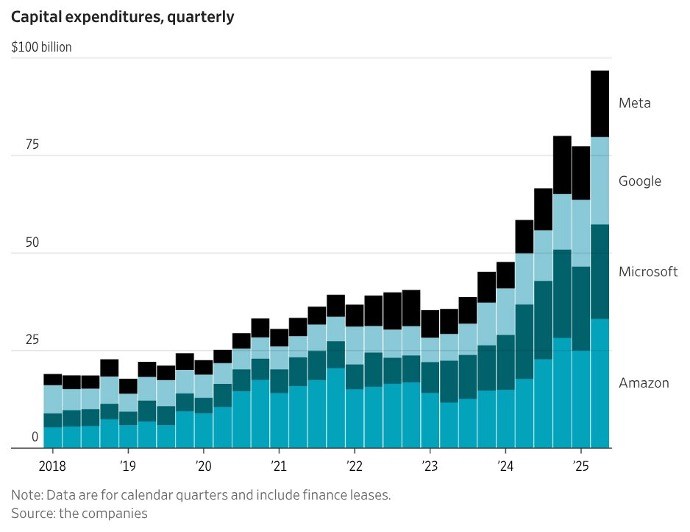
California Governor Gavin Newsom on Thursday warned he would strip “billions” in state funding from any university that signs onto a Trump administration compact, which ties priority access to federal dollars to the adoption of conservative campus policies.
“California universities that bend to the will of Donald Trump and sign this insane “compact” will lose billions in state funding — IMMEDIATELY. California will not bankroll schools that sign away academic freedom,” Newsom said in a post on X.
Why It Matters
The standoff between Newsom and the Trump administration highlights a growing battle over the future of higher education in the U.S. Trump’s compact represents an aggressive effort to reshape universities by tying federal funding to conservative cultural priorities, from restricting diversity programs to limiting transgender rights on campus.
The outcome will test how far both state and federal leaders are willing to go in using financial leverage to enforce competing visions of academic freedom, campus governance, and student life.
What To Know
The Trump administration’s proposal, sent to USC and eight other major universities, calls on campuses to adopt sweeping conservative policies on admissions, gender identity, diversity and free speech in exchange for priority access to federal research grants and other funding.
The eight other universities include the University of Arizona, Vanderbilt, the University of Pennsylvania, Dartmouth College, the Massachusetts Institute of Technology, the University of Texas, Brown University and the University of Virginia.
The plan, dubbed the “Compact for Academic Excellence in Higher Education,” asks universities to adopt the administration’s definition of gender — excluding transgender people — apply it to bathrooms, locker rooms and women’s sports, and reinstate SAT or ACT testing requirements. It also proposes caps on international student enrollment, limiting them to 15 percent of undergraduates, a move that could hit USC especially hard. Roughly a quarter of USC’s incoming freshman class in 2025 came from abroad, with many from China and India.
The compact represents the latest attempt by Trump to reshape higher education, institutions he has long criticized as “bastions of liberalism.” It follows earlier clashes with UCLA, where the administration imposed a $1.2 billion fine for alleged civil rights violations and threatened to withhold federal research money. Unlike the punitive approach used in that case, the USC proposal offers new funding and preferential treatment for universities that comply.
Faculty and students at USC reacted with alarm. “It’s upsetting … to see this administration trying to dismantle academic freedom and free speech in such a systematic way,” said Devin Griffiths, an associate professor of English. Another faculty member described the compact as “blatantly in violation of the First Amendment,” while Democratic Assemblymember Al Muratsuchi warned universities would never live down “selling out their principles of academic freedom” for federal incentives.
The White House has argued that the compact will strengthen free speech on campus by protecting conservative viewpoints and redirecting resources toward the sciences. Supporters in Texas praised the plan as a “new opportunity” for their universities. USC, meanwhile, said it was still reviewing the proposal, offering no indication of whether it will ultimately comply.
In his second term, the Trump administration has attempted to force change and cut federal funding at universities that he says have become hotbeds of liberalism and antisemitism.
Harvard University has borne the brunt of the crackdown. The White House canceled about $100 million in federal contracts, froze $3.2 billion in research funding, and sought to block the university from enrolling international students.
Officials also demanded reforms to admissions and oversight of course content and threatened to remove its tax-exempt status. The unprecedented measures triggered a wave of protests on campus and drew comparisons to Cold War-era loyalty tests.
The Trump administration has also cut off money to other elite colleges, including Columbia, the University of Pennsylvania and Cornell, over issues including the handling of pro-Palestinian activism and transgender athletes’ participation in women’s sports.
Harvard has framed the government’s demands as a threat to the autonomy that the Supreme Court has long granted American universities.
What People Are Saying
California State Assemblymember Al Muratsuchi told the Los Angeles Times: “No self-respecting university should sign on to this proposed compact. Universities will never be able to live down a reputation of selling out their principals of academic freedom and free speech on these enticements of preferential treatment.”
Devin Griffiths, a USC associate professor of English and comparative literature, told the LA Times: “It’s upsetting as a faculty member and a teacher and a product of higher education to see this administration trying to dismantle academic freedom and free speech in such a systematic way.”
Griffiths added he would “push hard for our university to forcefully reject this and I would hope that there is space here for the universities that are targeted by this order to take a collective stand.”
Sanjay Madhav, an associate professor of practice at the USC Viterbi engineering school, said the compact appeared to be “blatantly in violation of the First Amendment since it states that the federal government is going to give preference to universities that align with its political views.”
What Happens Next
While USC was the only California university to receive the letter, a White House official told the LA Times more campuses could be added in future rounds.



